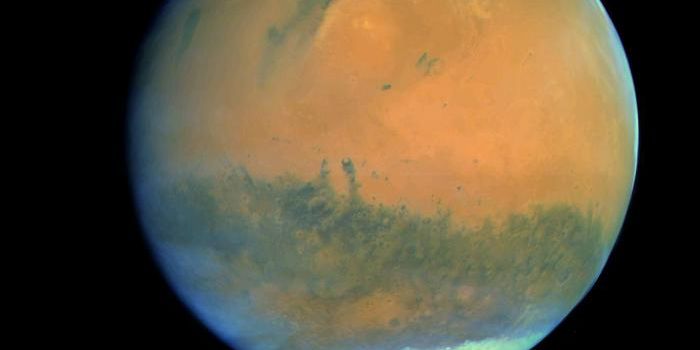NASA's Getting Excited About Launching its InSight Mission
The upcoming launch date for one of NASA’s next major interplanetary missions is quickly approaching. The space agency’s InSight mission will blast off from California’s Vandenberg Air Force Base on May 5th, sending it along on a one-way trip to Mars.
Image Credit: NASA/JPL-Caltech
In a statement, NASA says that the InSight mission will hitch a ride atop an Atlas V rocket built by United Launch Alliance. The space vehicle’s engines will generate more than 860,200 pounds of thrust as they ignite and lift the spacecraft well above Earth’s atmosphere.
Depending on where you live, you might even have a chance to watch the rocket take off.
“After lift-off from Vandenberg’s Space Launch Complex 3, the Atlas V begins a southerly trajectory and climbs out over the Channel Islands of Oxnard,” said Tim Dunn, the launch director for the Launch Services Program at the John F. Kennedy Space Center in Florida.
“If you live on the California Central Coast or south to L.A. and San Diego, be sure to get up early on May 5th, because Atlas V is the gold standard in launch vehicles and it can put on a great show.”
Related: Potential hotspot for past life found on Mars
Anyone that isn’t close enough to view the launch in person can always tune in to NASA’s live stream instead.
InSight’s launch is somewhat significant; it’s slated to become the first interplanetary mission ever launched from the United States’ West coast. That said, NASA’s rather excited about the whole thing, and understandably so.
If the May 5th launch gets delayed for any reason, then NASA has already planned various alternative launch dates up until June 8th to serve as backups.
After the InSight mission arrives at Mars, it will deploy various scientific instruments to study the red planet’s tectonic activity, internal temperature, and orbital wobble, among other things. These planetary characteristics could tell us a lot about Mars, including how the planet formed.
Related: Does Mars experience Marsquakes?
It should be interesting to see how the launch goes and whether the InSight mission provides any useful clues about Mars.
Source: NASA









